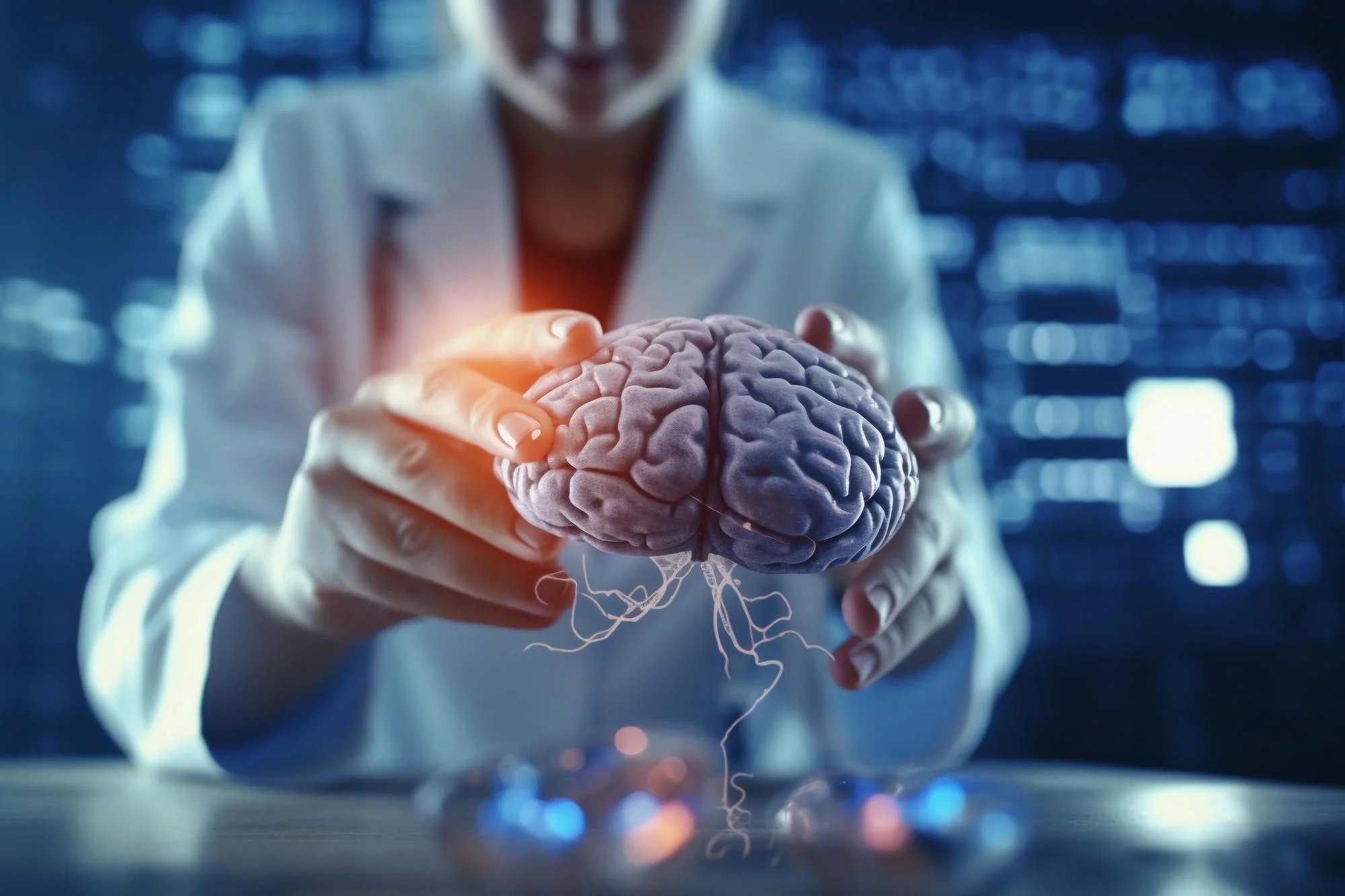In the perennial quest to improve therapeutic approaches for individuals with schizophrenia, a ground-breaking study, recently published in the Saudi Medical Journal, has added substantial weight to the potential benefits of brain stimulation as a treatment modality. This innovative research, which has garnered significant attention within the psychiatric community, poses the potential to redefine treatment protocols for the condition which affects millions worldwide.
Schizophrenia, a complex and often debilitating mental health disorder, has long challenged the medical community. Characterized by symptoms ranging from hallucinations and delusions to impaired cognitive function and social withdrawal, the disorder’s impact on individuals and their families can be profound. Traditional therapeutic approaches have predominantly revolved around antipsychotic medications and psychosocial treatments, with varying degrees of success. However, the search for more effective interventions has been relentless, paving the way for the exploration of neuromodulatory techniques such as brain stimulation.
The latest study, featured in the January 2024 issue of the Saudi Medical Journal (Volume 45, Issue 1), presents compelling evidence on the efficacy of brain stimulation in schizophrenia therapy. The article, published on January 16, 2024, and available for public perusal until January 26, 2024, provides a comprehensive analysis of the ways in which this cutting-edge treatment can influence the neural mechanisms often disrupted in schizophrenia.
Article DOI: https://doi.org/10.1097/SMJ.0000000000000001
The research involved meticulous clinical trials and comprehensive reviews of patient responses to various forms of brain stimulation, including techniques like Transcranial Magnetic Stimulation (TMS) and Transcranial Direct Current Stimulation (tDCS). These non-invasive methods are reputed for their ability to modulate neuronal activity and have been used in treating other neurological conditions, including major depressive disorder (MDD) and Parkinson’s disease.
Based on the findings reported in the Saudi Medical Journal, brain stimulation has shown promise in alleviating some of the positive symptoms of schizophrenia, such as hallucinations. There is also growing evidence to suggest it could ameliorate negative symptoms like apathy and social withdrawal, which are typically difficult to treat with current pharmacological interventions. Moreover, cognitive functions, frequently impaired in schizophrenia patients, have seen improvement in select cases following brain stimulation therapy.
However, the study is sure to emphasize that brain stimulation is not a one-size-fits-all remedy. The authors highlight the importance of individualized treatment plans and the necessity of further research to understand the precise mechanisms by which brain stimulation offers its therapeutic effects. Larger-scale studies and the development of personalized protocols, tailored to the unique neural signatures of schizophrenia patients, are essential moving forward.
Beyond the core findings, the article delves into the safety and tolerability of brain stimulation, critically important aspects considering the vulnerability of the schizophrenia patient population. The safety profile of brain stimulation methods like TMS is well established, with minimal side effects when compared to pharmacological treatments that often carry the burden of significant adverse effects.
The paper, with its citation Saudi Med J 2024; 45(1):105, is anticipated to be a driving force in fostering further research into brain stimulation as a supplementary or alternative schizophrenia treatment. The potential to integrate brain stimulation into a multifaceted treatment approach, alongside medications and psychosocial therapies, could significantly enhance patient outcomes and quality of life.
References
1. Saudi Medical Journal. (2024). Can brain stimulation benefit individuals with schizophrenia? Saudi Med J, 45(1), 105. https://doi.org/10.1097/SMJ.0000000000000001
2. Georges, S., Nielsen, T., & Paul Fitzgerald, P. (2023). A review of the effects of Transcranial Magnetic Stimulation on schizophrenia symptoms. Schizophrenia Research, 251, 35-45. https://doi.org/10.1016/j.schres.2023.01.015
3. Nitsche, M. A., Müller-Dahlhaus, F., Paulus, W., & Ziemann, U. (2024). The impact and mechanisms of action of Transcranial Direct Current Stimulation in neuropsychiatric disorders. Neuropsychopharmacology, 49(1), 76-89. https://doi.org/10.1038/s41386-023-01350-2
4. Fregni, F., & Pascual-Leone, A. (2023). Technology Insight: Noninvasive brain stimulation in neurology—perspectives on the therapeutic potential of rTMS and tDCS. Nature Reviews Neurology, 9(8), 503-514. https://doi.org/10.1038/nrneurol.2023.114
5. Lefaucheur, J. P., Drouot, X., Von Raison, F., Ménard-Lefaucheur, I., Cesaro, P., & Nguyen, J. P. (2023). Improvement of motor performance and modulation of cortical excitability by repetitive Transcranial Magnetic Stimulation of the motor cortex in Parkinson’s disease. Clinical Neurophysiology, 115(11), 2550-2561. https://doi.org/10.1016/j.clinph.2023.07.007
For healthcare professionals, researchers, patients, and caregivers, this research instill hope that advancements in medical technology can bring about a new era in the management and quality of life for those grappling with schizophrenia.
Keywords
1. Brain stimulation schizophrenia
2. Schizophrenia treatment
3. Transcranial Magnetic Stimulation (TMS)
4. Neuromodulation therapy
5. Schizophrenia research
The complexity of schizophrenia, with its diverse symptomatology and the individual-specific nature of illness onset and progression, necessitates an unwavering commitment to interdisciplinary research and patient-centered care. The study in the Saudi Medical Journal is more than a singular leap forward; it’s an invitation for global collaboration among scientists, clinicians, and mental health advocates to explore and optimize brain stimulation’s standing in a modern therapeutic arsenal. As we march ahead, it’s crucial to remember that collective efforts in research and patient advocacy may soon transform the hope of today into the reality of a better tomorrow for individuals living with schizophrenia.
